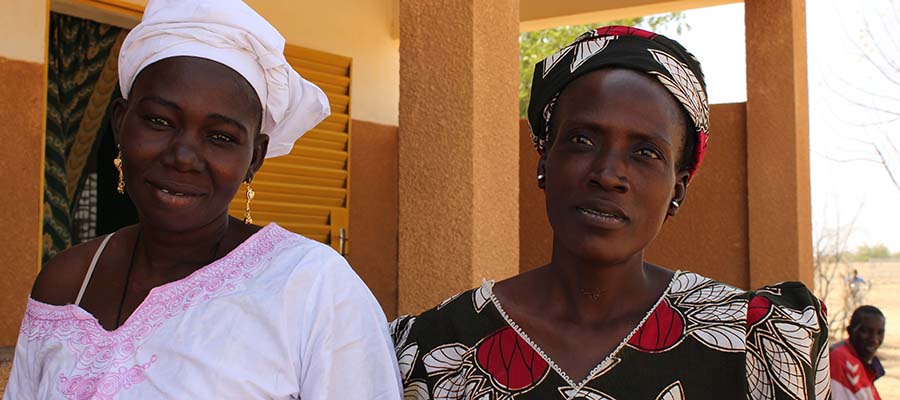Trivialization Through Language

This is how the psychologist and human rights activist Monika Gerstendörder clearly describes how language can hinder the abolishment of FGM. The use of euphemisms like "Female Genital Cutting" (FGC) or "Female Circumcision" harms the fight against this crime.
The important debate over the correct terminology goes back to a significant African campaign. The term Genital Mutilation was determined in 1990 by the Inter-African Committee on Harmful Traditional Practices (IAC), whose members represented initiatives in 29 African states as well as in Europe and Australia. African activists reject terms like "Female Circumcision" or "FGC."
Furthermore, the term "circumcision" is assigned to the circumcision of the foreskin (circumcision of the circumference) in boys and men. However, the comparison is problematic. Although the standard circumcision of boys for non-medical reasons is to be rejected. But it is not the aim to destroy the function of the penis. If a girl's visible part of the clitoris is cut off, this would be equivalent to removing the glans. If the large labia are also removed, this would be equivalent to cutting off the scrotum. The advocates of genital mutilation are not satisfied with merely cutting off the clitoral hood, which anatomically corresponds to circumcision. Girls are usually cut out the visible part of the clitoris to destroy their sexual sensation.
